Red Cross urges Ukraine and Russia to agree on safe evacuations
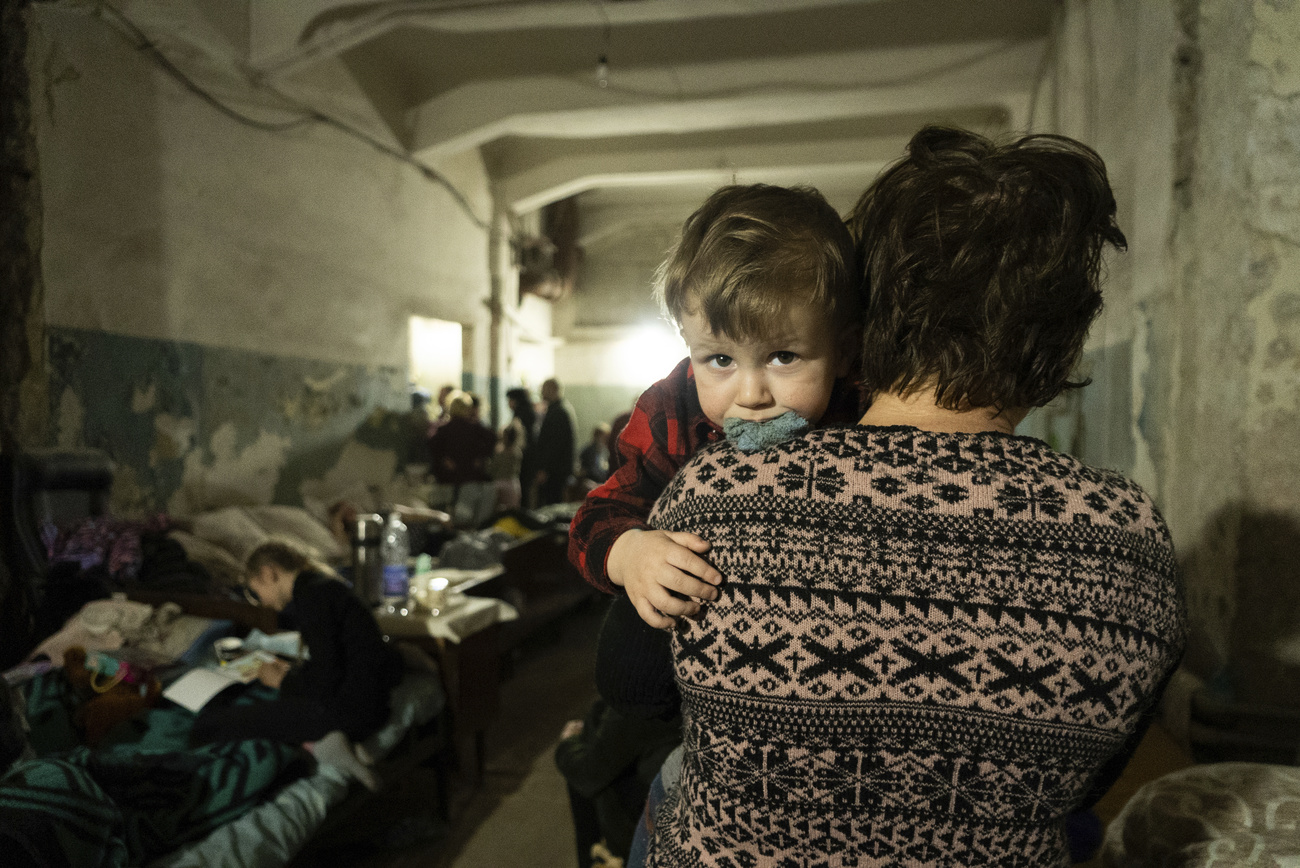
The Geneva-based International Committee of the Red Cross (ICRC) has called on Ukraine and Russia to reach a clear agreement for the evacuation of civilians from the besieged southern Ukrainian city of Mariupol and other war-battered locations.
ICRC Director-General Robert Mardini told Reuters on Tuesday that the humanitarian organisation would not participate in any forced evacuations of civilians from Ukraine and it had no first-hand information that this is happening. He also said there was a “disinformation campaign” against the ICRC on social media.
“Our concern is that the very intensity of the fighting is putting civilians in harm’s way, the fact that in places like Mariupol civilians are not able to leave in safe conditions, there were no concrete agreements by parties to the conflict for safe evacuation of civilians, nor has there been a green light to get humanitarian aid in,” Mardini said.
He reiterated the organisation’s position on the issue of forced evacuations that was outlined in an ICRC statementExternal link published on March 26.
The ICRC says it is concerned that misinformation about this issue could have a major impact on people affected by the conflict in Ukraine and that is also putting at risk Red Cross staff and volunteers on the ground and could jeopardize access to people in need of urgent aid.
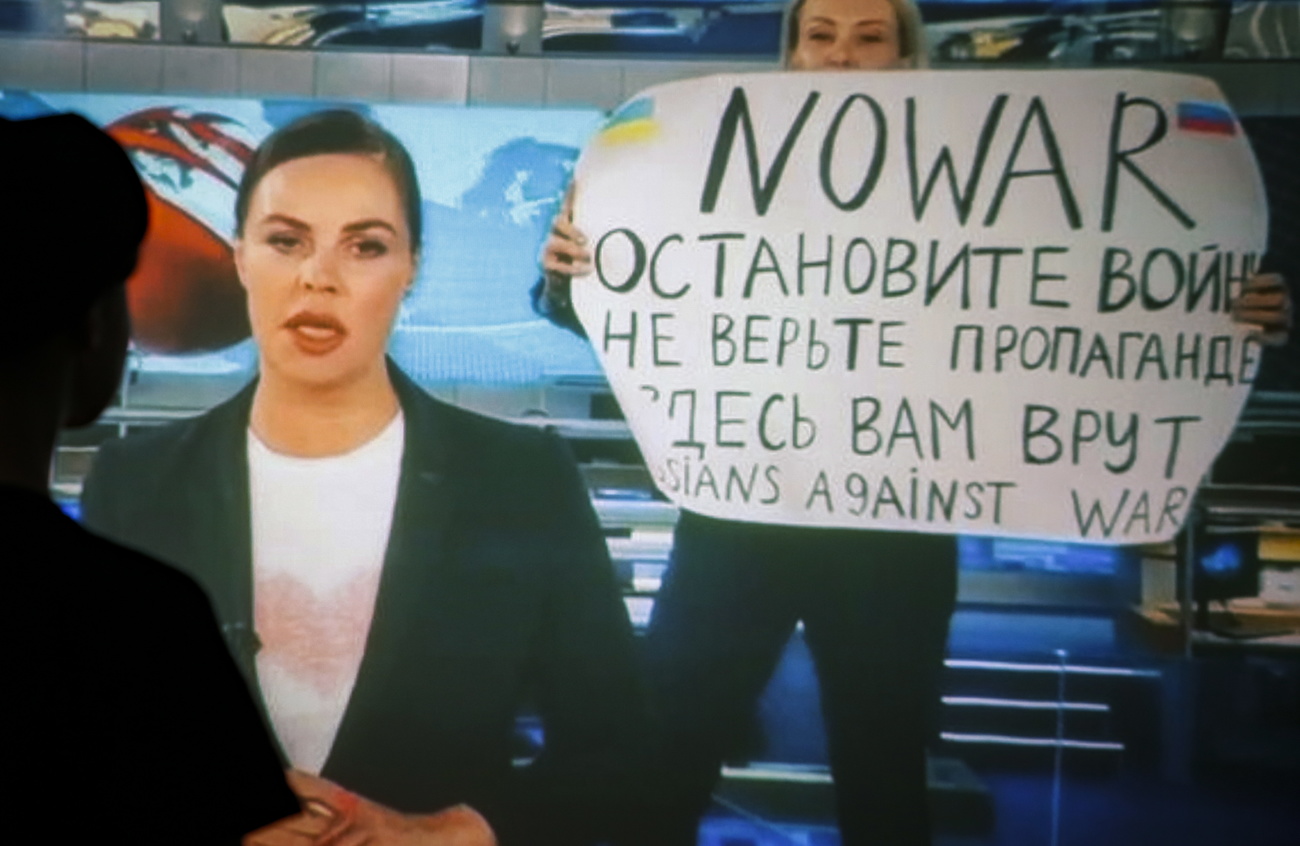
More
How to counter lies and propaganda in war zones
Criticism
The formal denial by the ICRC follows an articleExternal link by Ukrainian political analyst Roman Rukomeda published on March 26 on the online site Euractiv, which accuses the ICRC of siding with Russia.
The author denounced the “strange behaviour by the International Committee of the Red Cross and its head, who announced the decision to open an office in Russian Rostov to assist Russian terrorists in the illegal deportation of Ukrainian citizens. In comparison, the president of the Red Cross did not mention such steps when he was in Ukraine.”
Russia said last week it had evacuated several hundred thousand people from Ukraine since the start of what it calls a “special military operation” to disarm and “denazify” its neighbour.
Ukraine claims that Russia has illegally deported thousands of people since the war started, including about 15,000 civilians from the besieged city of Mariupol.
Rostov-on-Don is the largest Russian city on Ukraine’s eastern border and the administrative capital of the Rostov region, which has been used by Russia for temporary accommodation camps for people transported out of the war zone.
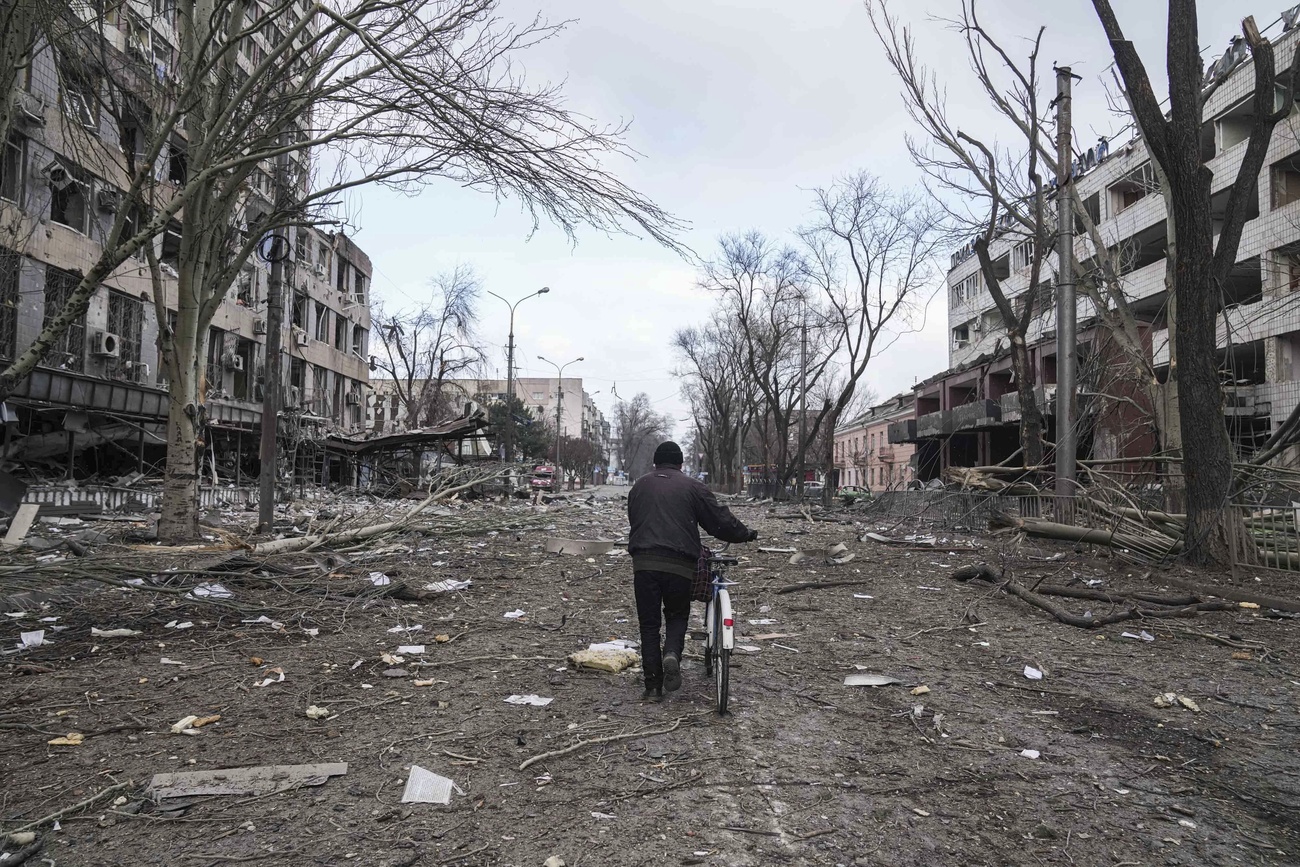
More
Switzerland approves CHF80 million in emergency aid for Ukraine
ICRC visits to Moscow and Kyiv
ICRC President Peter Maurer travelled to Ukraine and Russia on March 16 and 23, respectively, to try to facilitate his organisation’s actions on the ground.
After his visit to Moscow, Russian media reported that Maurer had asked Russia to facilitate the opening of a Red Cross office in Rostov-on-Don.
On March 27, Mykhailo Radutskyi, chairman of the public health committee in Ukraine’s parliament, urged the Red Cross to revise its plans.
“The Committee calls on the International Committee of the Red Cross that it would not legitimise ‘humanitarian corridors’ on the territory of the Russian Federation as well as that it would not support the abduction of Ukrainians and its forced deportation,” Radutskyi said in a statement.
The ICRC told Reuters it had no ‘first-hand’ information about reports of forced evacuations to Russia from Ukraine and that it did not facilitate any such operations.
The aid agency added that the potential opening of an office in Rostov-on-Don was part of efforts to scale up its operations in the region to meet humanitarian needs where they arise.
“Our priority is to reach victims of armed conflict, wherever they are, in order to assist them,” the ICRC said.

In compliance with the JTI standards
More: SWI swissinfo.ch certified by the Journalism Trust Initiative
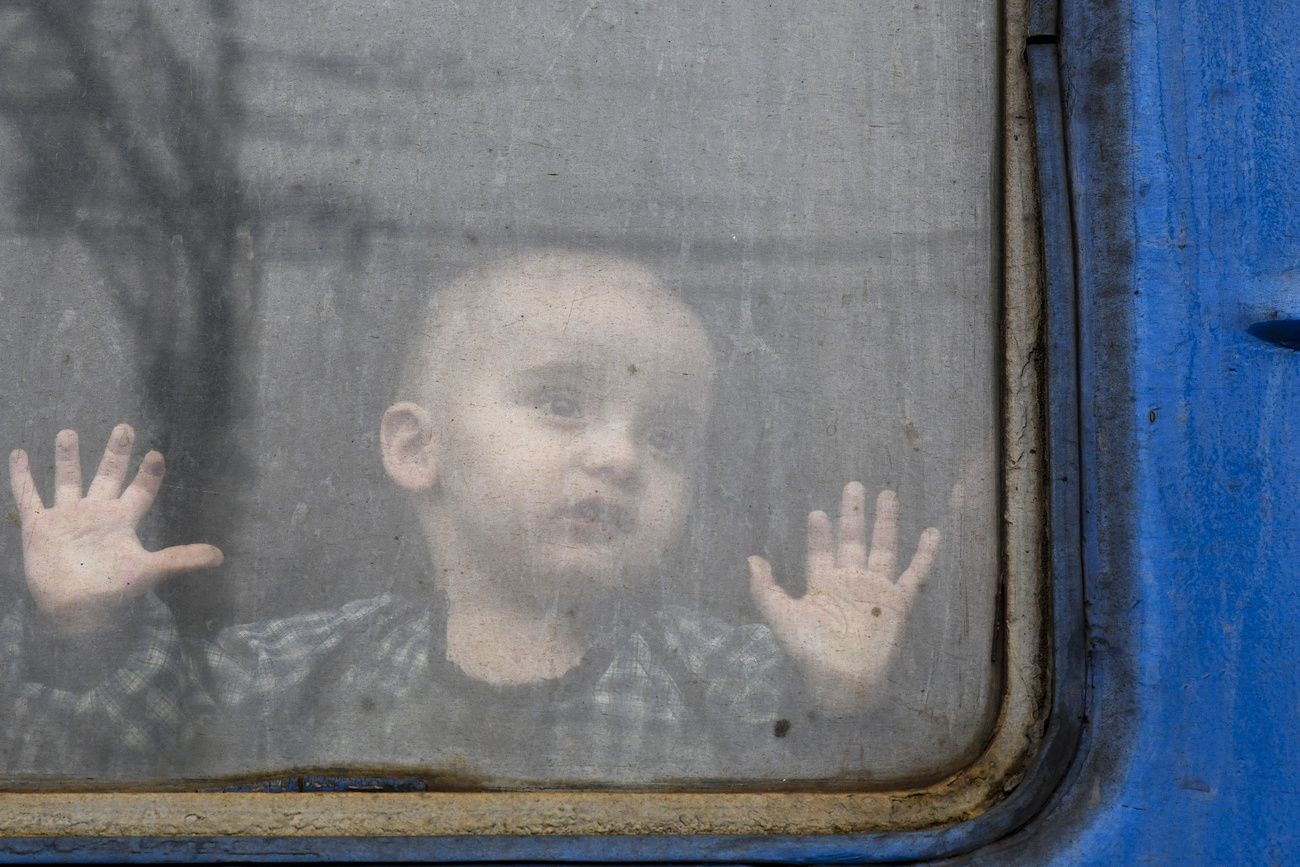
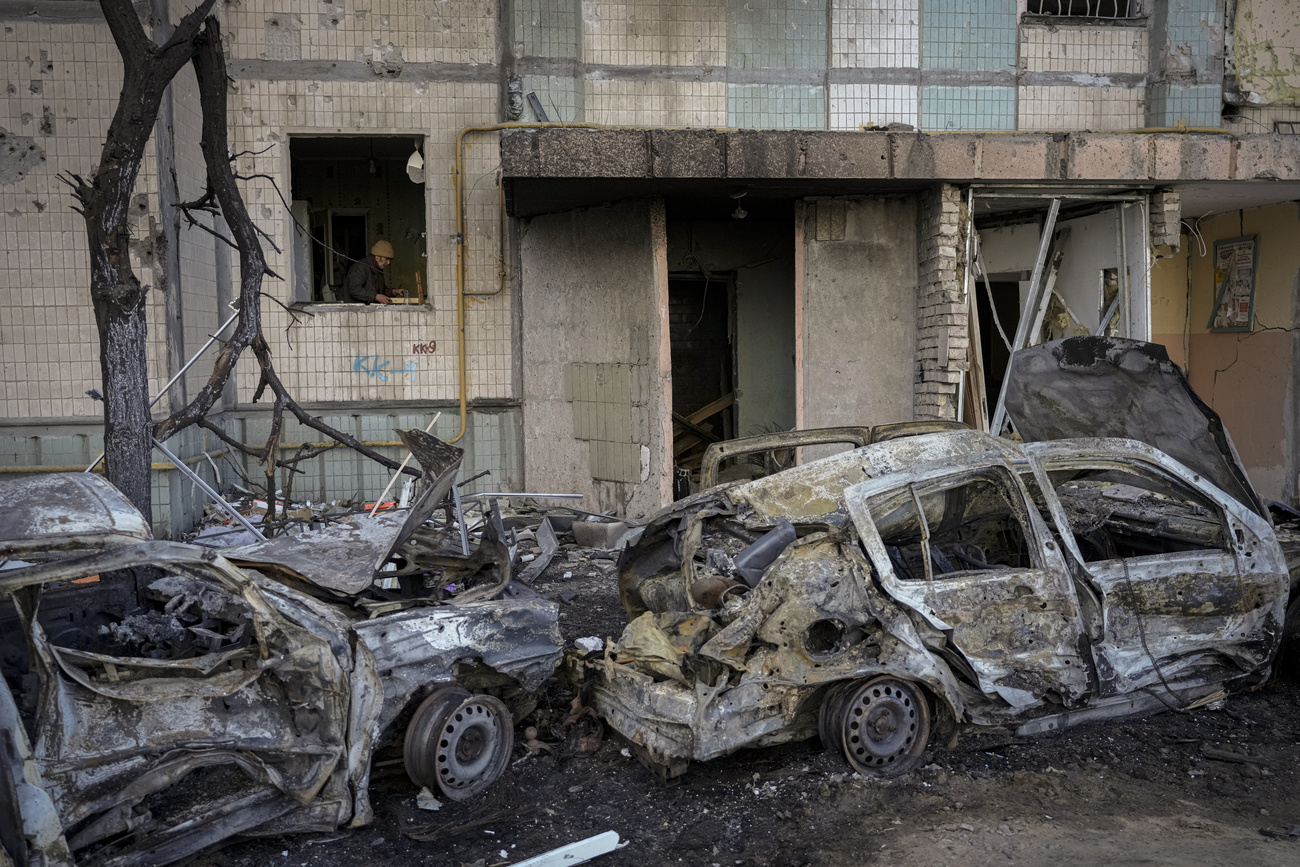
You can find an overview of ongoing debates with our journalists here. Please join us!
If you want to start a conversation about a topic raised in this article or want to report factual errors, email us at english@swissinfo.ch.